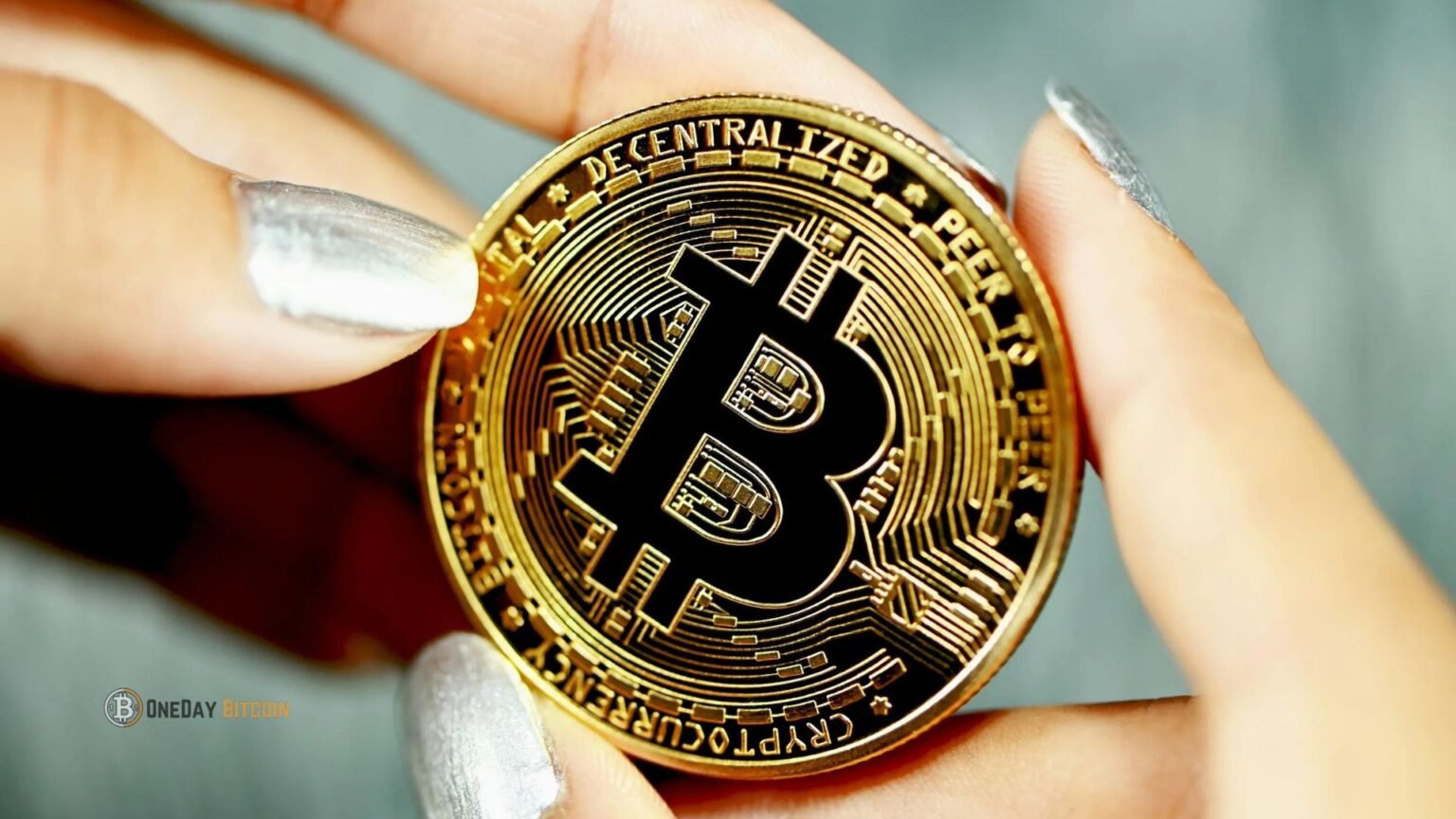Bitcoin Price and Fintech: Few things in financial technology (Fintech) are as watched and discussed as the price of Bitcoin. Bitcoin has become a major player in digital finance due to its incredible growth to record highs and its extreme volatility, which can cause markets to tremble instantly. A rise or fall in the price of Bitcoin or a change in Fintech can significantly impact the other. Given this connection, it’s interesting to wonder: how will the fintech revolution affect Bitcoin values, and how will Bitcoin influence the direction of Fintech?
The Evolution of Bitcoin and Its Impact on Fintech
Many people wrote off Bitcoin’s 2009 debut as a digital currency experiment that would appeal exclusively to a fringe audience of libertarians and techies. Imagine now, the year 2024. Bitcoin, a cornerstone of Fintech innovation, is among the most talked-about assets in the financial world.
From its infancy at a few cents to its peak of over $60,000 in 2021, the price of Bitcoin has gone through wild swings due to variables beyond its control, including government regulation, widespread acceptance, and developments in Fintech. Bitcoin allows technology companies to provide new services, such as crypto-based payments and digital asset-powered lending and borrowing.
Understanding Bitcoin Price Volatility in Fintech
Its price volatility is one of Bitcoin’s most notable features. Unlike typical fiat currencies or stocks, bitcoin values can fluctuate by double-digit percentages daily. The question then becomes, why? To what extent does Fintech contribute to or detract from this fluctuation?

Multiple factors cause the unpredictable price fluctuations of Bitcoin:
Market Sentiment and Speculation
Investor sentiment strongly affects Bitcoin’s price. Even favourable or negative news can send prices soaring or plunging in a market where perception and excitement rule. When Elon Musk tweeted about allowing Bitcoin payments for Tesla vehicles in 2021, the price rose, and then it fell when he reversed. Fintech platforms enable millions of investors to buy and sell Bitcoin with a click, increasing its volatility.
Regulation and Legal Developments
The regulation of Bitcoin and other cryptocurrency projects is a challenge for governments across the globe. The price of Bitcoin is quite sensitive to any new restrictions, whether they are favourable or unfavourable. Mining and transaction limitations in China have caused cryptocurrency values to drop. However, the price went up when El Salvador made Bitcoin legal. Local regulations could impact Bitcoin prices, even though fintech platforms havebecome more involvedt.
Supply and Demand
There will only ever be 21 million Bitcoins mined because of deflation. Due to increased demand, Bitcoin prices have been steadily climbing. Consumers can now purchase fractions of Bitcoin through finance services such as CashApp, PayPal, and Coinbase, making Bitcoin more accessible. Increased demand and price volatility are the results of easy availability.
Technological Innovation
New developments can also influence the price of Bitcoin in blockchain or financial technology. A layer-2 transaction speedup, the Lightning Network, claims to make Bitcoin payments quicker and cheaper. When things go right, the price of Bitcoin goes up; when things go wrong, like in the 2014 Mt. Gox exchange hack, it goes down.
Bitcoin Stabilisation and Growth: Fintech
The headlines may be about Bitcoin’s price volatility, but it has had far-reaching effects on the financial technology industry. There has been a sea change in how individuals deal with digital assets and money as more and more financial technology companies start to accept Bitcoin and other cryptocurrencies.
Payment Solutions
Bitcoin started as a decentralised worldwide payment system. Several digital funds are implementing this idea. The rapid conversion to local currency helps keep pricing steady when using BitPay and Strike to purchase and sell products and services using Bitcoin. Bitcoin’s widespread use as a payment method shows Fintech and cryptocurrencies’ convergence. I remember buying Bitcoin with a Fintech payment app for the first time. With the convenience and pleasure of using Bitcoin to buy a digital book, I realised this is how money will be handled.
Lending and Borrowing
Another key Bitcoin Fintech breakthrough is crypto-backed financing. BlockFi lets people borrow cash against their Bitcoin, extending personal finance. Bitcoin users can borrow more as prices rise, enhancing market liquidity. This innovation also shows Bitcoin might become a financial asset class rather than a bubble.
Investment and Savings
Another significant development in Bitcoin-related financial technology is crypto-backed financing. BlockFi is a personal finance platform that allows users to borrow fiat money using their Bitcoin assets. Market liquidity increases when the price of Bitcoin rises because more people can borrow money. Furthermore, this development raises the possibility that Bitcoin may evolve from a speculative bubble into a real asset class in the financial system.
Counterarguments Bitcoin
Unquestionably, Bitcoin has significantly impacted Fintech, yet some claim it is unsafe due to its volatility and speculative character. Analysts claim that speculation has a greater effect on the price of Bitcoin than actual demand or usage, which makes it prone to bubbles. While fintech innovations increase accessibility to Bitcoin, they also give rise to security and regulatory problems. Take the 2021 GameStop frenzy and the trading restrictions in Robinhood.
These provoked discussions on morality. Should Bitcoin see an unanticipated price surge, may it be subject to such regulations? Some interpret to interpret the price swings of the Bitcoinloping market. The bitcoin price willdecreasef as more financial platforms adopt it and its usage increases. Bitcoin is being added to portfolios by institutional investors such as Tesla and MicroStrategy, indicating that it will eventually be recognised as an asset class.
The Future of Bitcoin and Fintech
Due to their mutually beneficial relationship, the Bitcoin price and the Fintech industry are extremely dependent on one another. Fintech is developing new ways to access and use Bitcoin. Thus, more people will certainly enter the cryptocurrency market. Now that more individuals can easily obtain it, more people will utilise Bitcoin for standard financial transactions like paying bills, saving, and getting loans.

As governments worldwide strive to clarify laws concerning Bitcoin and Fintech companies, the overall market could see less volatility. Fintech platforms will make it easy and safe for people to engage with Bitcoin for all their financial needs, including purchases, investments, and savings.
Also Read: Bitcoin ETF Price Prediction: What Lies Ahead for 2024 and Beyond
In Summary
The current price of Bitcoin and the relationship between Fintech represent an economy where digital assets are now as essential as fiat money. Even while there may be issues in the future, particularly with regulation and volatility, the current developments make it appear like Bitcoin and Fintech are here to stay.
No one can dispute that Bitcoin is revolutionising the moneymaking process, whether they are seasoned investors, curious onlookers, or fervent believers in the power of financial technology. The lowering of entry barriers made possible by Fintech platforms is making the digital asset revolution more accessible. As Bitcoin’s influence and value grow, we may expect interesting new developments in financial technology.


